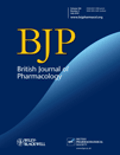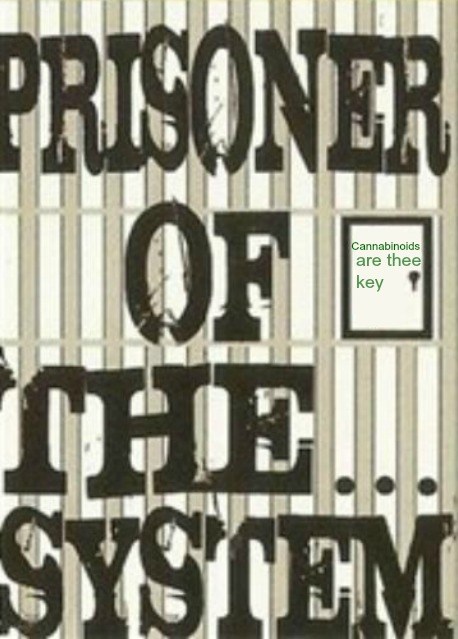British Journal of Pharmacology
Volume 169, Issue 4, pages 820–833, June 2013
Research Paper
Pharmacological modulation of the endocannabinoid signalling alters binge-type eating behaviour in female rats
Article first published online: 27 MAY 2013
DOI: 10.1111/bph.12014
© 2012 The Authors. British Journal of Pharmacology © 2012 The British Pharmacological Society
British Journal of Pharmacology
Volume 169, Issue 4, pages 820–833, June 2013
Additional Information(Show All)
How to CiteAuthor InformationPublication HistoryFunding Information
- Abstract
- Article
- References
- Cited By
Keywords:
- binge eating;
- food intake;
- high-fat diet;
- weight loss;
- THC;
- URB597;
- rimonabant
Background and Purpose
Binge eating disorder (BED) is characterized by excessive food intake during short periods of time. Recent evidence suggests that alterations in the endocannabinoid signalling could be involved in the pathophysiology of BED. In this study, we investigated whether pharmacological manipulation of endocannabinoid transmission may be effective in modulating the aberrant eating behaviour present in a validated rat model of BED.
Experimental Approach
Binge-type eating was induced in female rats by providing limited access to an optional source of dietary fat (margarine). Rats were divided into three groups, all with ad libitum access to chow and water: control (C), with no access to margarine; low restriction (LR), with 2 h margarine access 7 days a week; high restriction (HR), with 2 h margarine access 3 days a week.
Key Results
Compared with the LR group, the HR group consumed more margarine and this was accompanied by an increase in body weight. The cannabinoid CB1/CB2 receptor agonist Δ9-tetrahydrocannabinol significantly increased margarine intake selectively in LR rats, while the fatty acid amide hydrolase inhibitor URB597 showed no effect. The CB1 receptor inverse agonist/antagonist rimonabant dose-dependently reduced margarine intake in HR rats. Notably, in HR rats, chronic treatment with a low dose of rimonabant induced a selective long-lasting reduction in margarine intake that did not develop tolerance, and a significant and persistent reduction in body weight.
Conclusions and Implications
Chronic pharmacological blockade of CB1 receptors reduces binge eating behaviour in female rats and may prove effective in treating BED, with an associated significant reduction in body weight.
Linked Articles
This article is part of a themed section on Cannabinoids. To view the other articles in this section visithttp://dx.doi.org/10.1111/bph.2013.169.issue-4 & http://dx.doi.org/10.1111/bph.2012.167.issue-8
http://onlinelibrary.wiley.com/doi/10.1111/bph.12014/abstract



